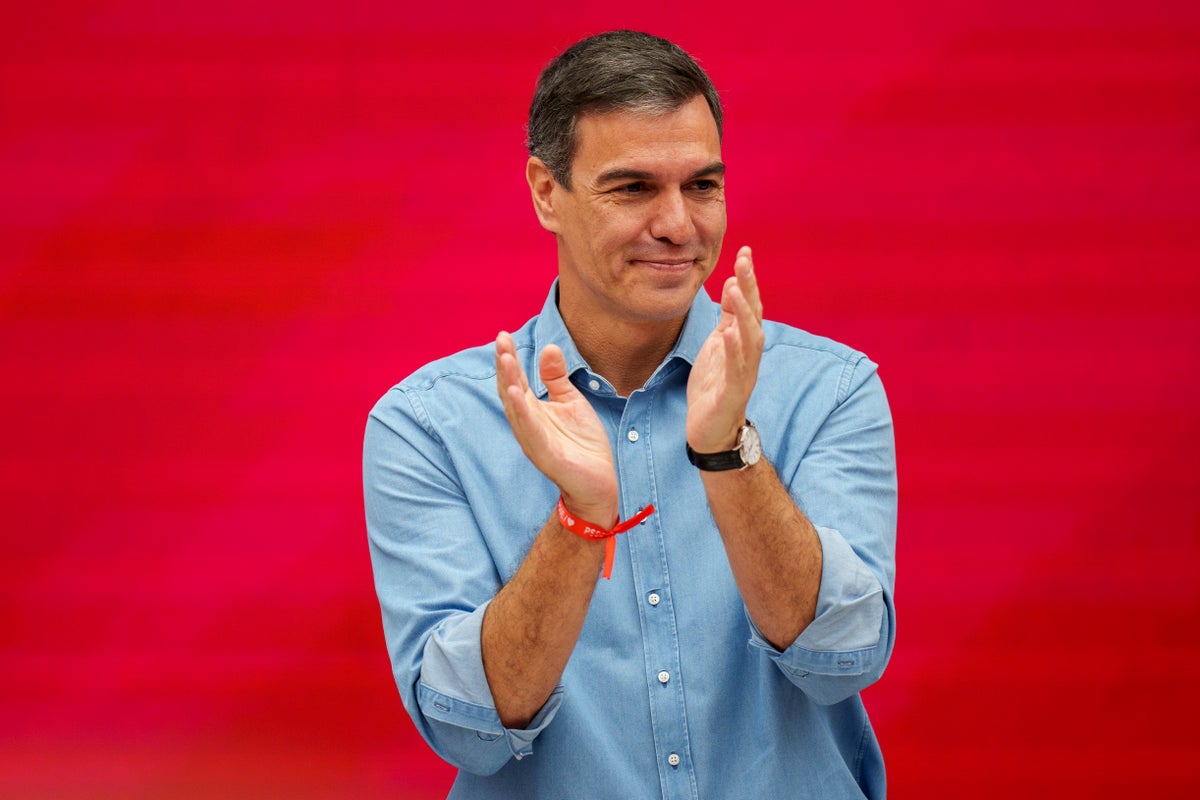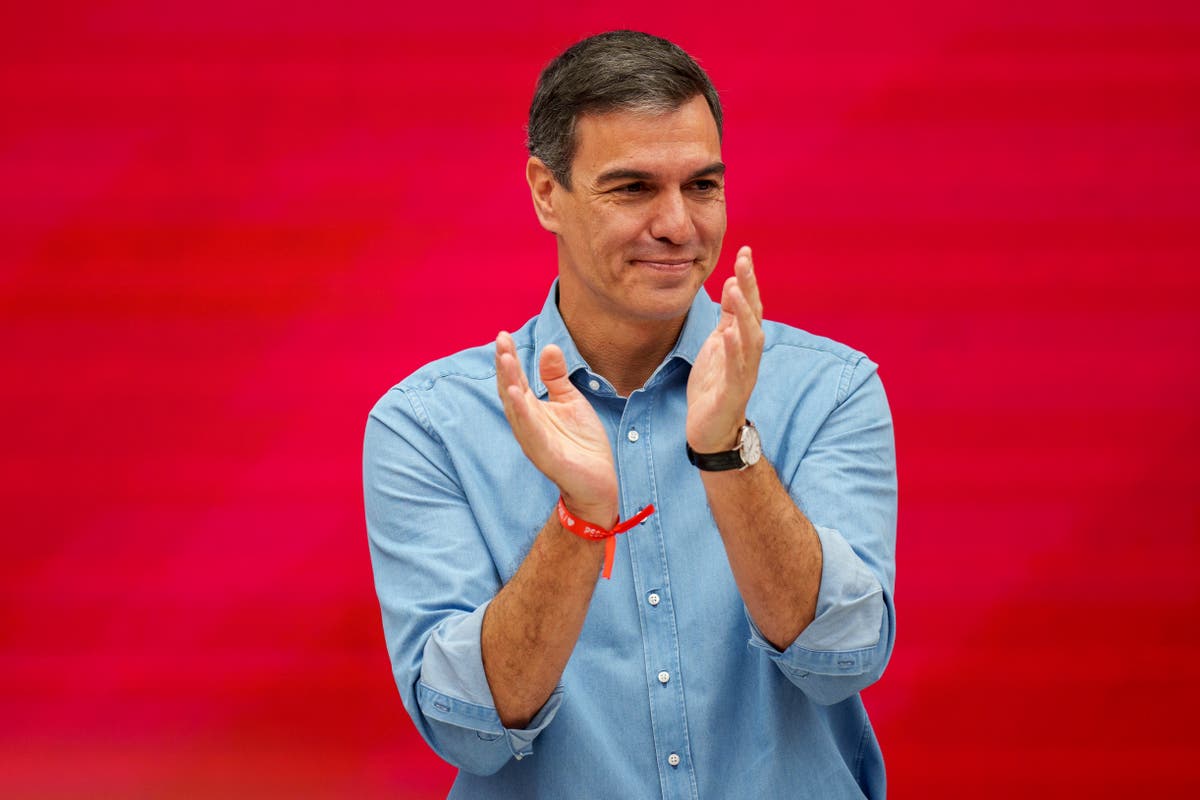
Ballots from Spaniards living abroad were counted Friday, and they gave a new twist to the inconclusive results from the general election.
The conservative Popular Party gained an additional seat from Madrid’s constituency late in the day at the expense of the Socialist Workers’ Party. That change gives the right-wing coalition of the PP and the far-right Vox party 172 seats in the lower house of parliament and drops left-wing forces to 171.
Forming a stable governing coalition will require one of the blocks to have the support of 176 lawmakers in the 350-seat body, and it’s not clear that either side will be able to obtain enough backing from smaller parties.
The country’s main political parties had been waiting for the count in the hope they might win seats from opponents and recompose the final picture. Results coming in from different constituencies during the day showed no changes across Spain — until Madrid added the last-gasp surprise.
The switch likely will make it even tougher to cobble together a government.
Socialist Prime Minister Pedro Sánchez is considered the only leader with a chance to form a coalition, since the Popular Party led by Alberto Núñez Feijóo is being shunned by other parties for allying with Vox.
But Sánchez does not have it easy. He needs help from secessionist parties in the Basque Country and Catalonia, and it could be politically risky to bid for support from the Catalan party Junts, which is headed by Carles Puigdemont, a leader of 2017’s failed secession bid in Catalonia.
His party has seven seats, but its goal of forcing Spain to allow a secession referendum is Catalonia is highly unpopular, including in Sánchez’s party.
The new parliament is to convene Aug. 17 and it will have three months to vote in a new prime minister. Otherwise, new elections would be called.

